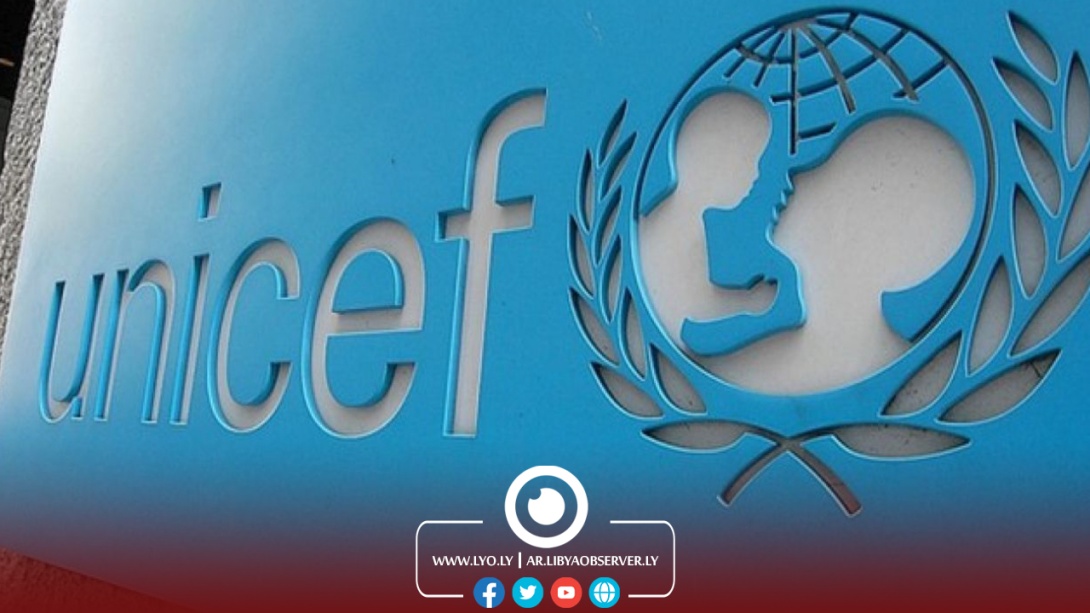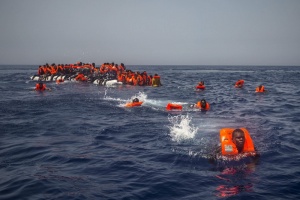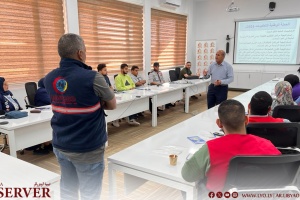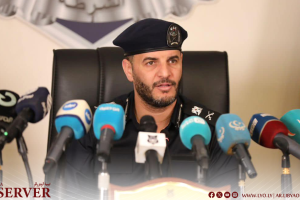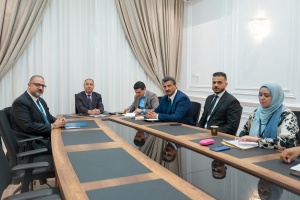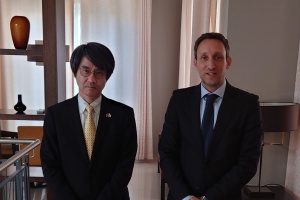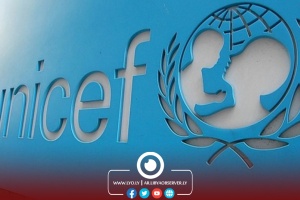UNICEF said Libya is the only country in the Middle East with a universal child grant and has made great strides to implement it almost fully, while some bottlenecks remain for children on the move.
"With UNDP and the Government, we have also completed a mapping of the whole social protection system, which is key to move towards a comprehensive social policy strategy. UNICEF has also initiated the mapping of the social service workforce and supported the Government to submit its first Report on the Convention of the Rights of the Child in several years." UNICEF said.
It added that increased attention would now need to go to supporting key line Ministries to move toward child friendly budgets; to a long-term capacity building plan of social workers, to comprehensive protection.
"In education, enrolment levels remained high, attention was given to skills building and the sector could benefit from high numbers of staff." UNICEF added, saying that in health and nutrition, some major improvements need to be noted: wasting for under 5 children went from 10.2% to 3.8% in 8 years and stunting from over 40% to about 7%; under 5 mortality went down from 20/1,000 to 11/1,000 in the last 11 years; cold chain was rebuilt and modernized thanks to COVID-related funds.
"Libya remains the sixth most water scarce country in the world and climate change Is exacerbating children’s vulnerabilities. While the Man Made River ensured a continuous supply of water, Libya faces over 800% water stress levels and factors such as over-consumption, lack of a long-term water scarcity strategy and missing Investments in new technologies (e.g. on desalination) remain key challenges." UNICEF explained.

